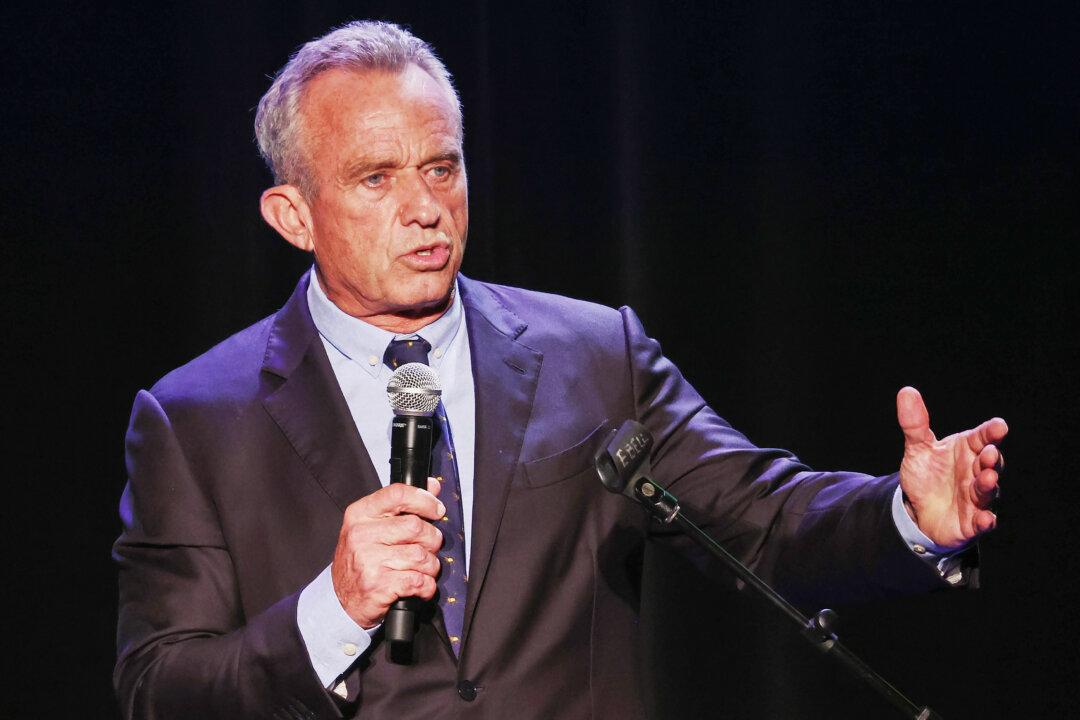Days after telling a standing-room-only crowd at a Salt Lake City campaign stop that he will “make history” in the 2024 presidential election, Robert F. Kennedy Jr. filed a lawsuit against Utah officials citing an “unconstitutional early filing deadline” that prevents ballot access for independent presidential candidates.
Lt. Gov. Deidre Henderson and Ryan Cowley, the Director of Elections of the State of Utah, were named as defendants.





